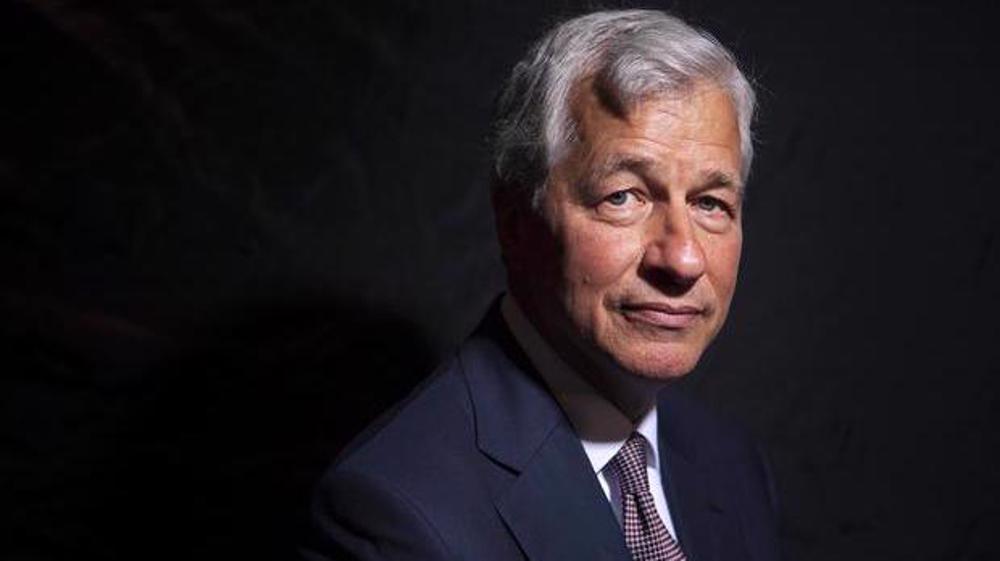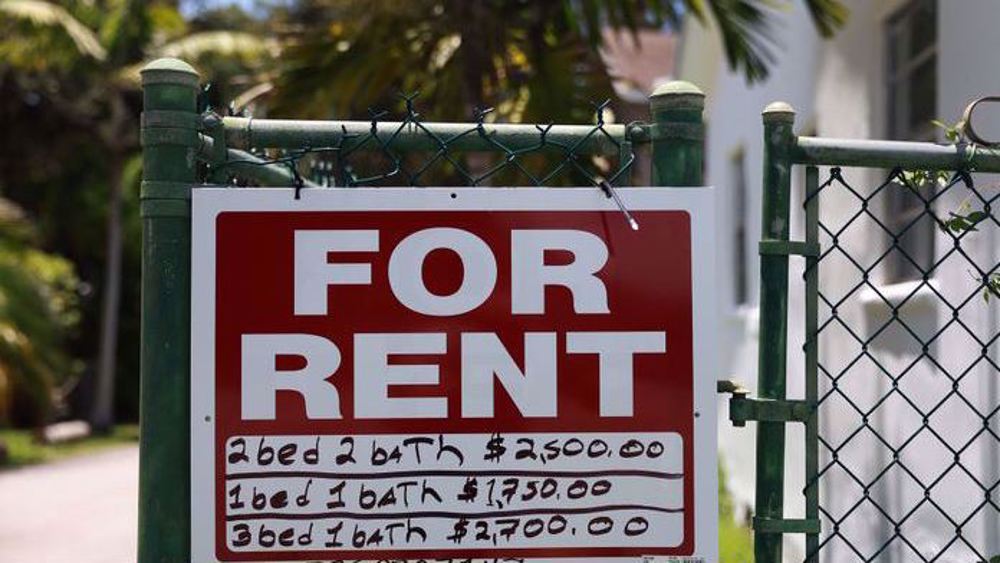China ‘big winner’ of Trump’s trade war, enjoys more options: Academic
China will be the “big winner” of President Donald Trump’s trade war as it has more options in its bag than the US, says a professor of Economics at UAM from Mexico City.
“I think that we have seen very, very clearly that the tariffs mostly on the part of Donald Trump are not going to bend the commitments of the Chinese government and especially of the Chinese industrial sector to submit to the kinds of controls and the kinds of limitations that the United States would like to impose,” David Barkin said during an interview with Press TV’s The Debate show on Thursday.
“We have to understand though that the Chinese have many more options in their bag than the United States. The Chinese are taking this opportunity to diversify and strengthen their ties with other parts of the world and are providing a very important new dynamic of resourcing the products which they obtained from the US previously. So one of the results of that the United States is not in as strong position as the Chinese are to extend and to make sure that the sanctions that the United States would like to impose are going to be as harmful to China as the cut-off of markets are going to be to the US business community,” he added.
He then described China as the “big winner” of the trade war, noting, “The Chinese are saying well Trump has his war with us but we are playing a kind of solidarity game with the rest of the world; we are continuing our 'Belt and Road' initiative; we are stimulating international trade and financial relationships with the whole series of new partners around the world and we are in a position to redirect perhaps an important part of the center of gravity of the world economy, perhaps not just to China but also to other parts of the global system.”
“I think that from the perspective of the United States business community, they are feeling that it (the trade war) is not worth the price that they are being forced to pay.”
“The interesting thing about that I think is that Europe is becoming a bystander in this [war] and that itself would be an interesting question about how it would play itself out,” Barkin further said.
Also participating in The Debate show was George Szamuely, a senior research fellow at Global Policy Institute from Budapest, who threw his weight behind Trump's decision to impose new tariffs on Chinese exports, but also admitted that the US has lost its economic “leverage” across the globe.
“I think that Trump to his credit has understood better than many of his critics as he realized back in 2015-2016 that China was not only essentially wiping out much of US manufacturing industry, but now becoming a global economic hegemony with creation of various international economic institutions and through its initiatives like ‘Belt and Road’ initiative; it is rivaling the United States as an economic and financial power. So the United States has now much less leverage in the world that it used to,” he said.
In the past, China was neither a serious military rival nor a serious economic rival for the US, Szamuely said.
“Now the United States has a real problem on its hands because China is creating an alternative economic and financial order and it is allied with Russia which is a serious military rival to the US. So the global configuration is tilting against the United States. As I said, Trump to his credit understands it. Whether he is going about it in the right way is a different issue, but it is a serious problem for the United States,” he said.
He also referred to the upcoming US presidential election and said, "Trump will sign an agreement with China before the election."
“I do not think he wants to go into the election with this trade war. [Later he would say] look what I did; I managed to get a decent agreement with China.”
I think there is nothing basically wrong with the tariffs, Szamuely went on to add. "The problem is that tariffs by themselves won’t solve the problems. There are other issues that Trump needs to address in addition to tariffs if he really wants to make America a serious industrial force in the world again."
Last week, China said it would apply additional tariffs on US agricultural goods, causing US President Donald Trump to announce new duties on about $550 billion on targeted Chinese goods.
China’s Commerce Ministry said on Aug. 5 that Chinese companies stopped buying US farm products in the latest escalation of the trade war.
Al-Qassam targets 18 vehicles and inflicts casualties on Israeli forces
VIDEO | Press TV’s news headlines
VIDEO | Turkey condemns Israel for Gaza war while providing Tel Aviv with oil
VIDEO | Conference on Nakba, Western media coverage of Palestinian struggle wraps up in Italy
Iran strongly condemns Australian sanctions
VIDEO | Global awakening about Palestine
Raeisi: Murder of Gaza children spells the end of Israeli regime
Rafah becoming ‘ghost town’ in large parts amid Israeli invasion: UNRWA














 This makes it easy to access the Press TV website
This makes it easy to access the Press TV website